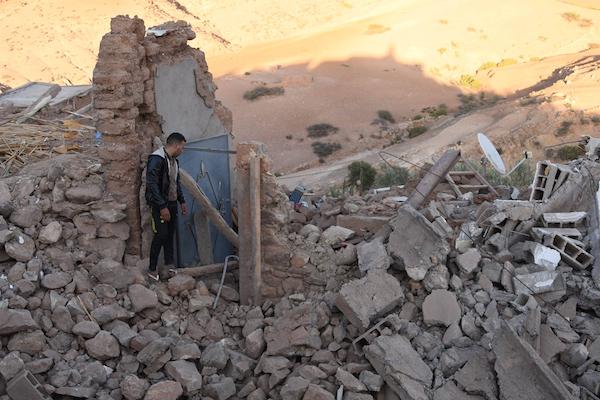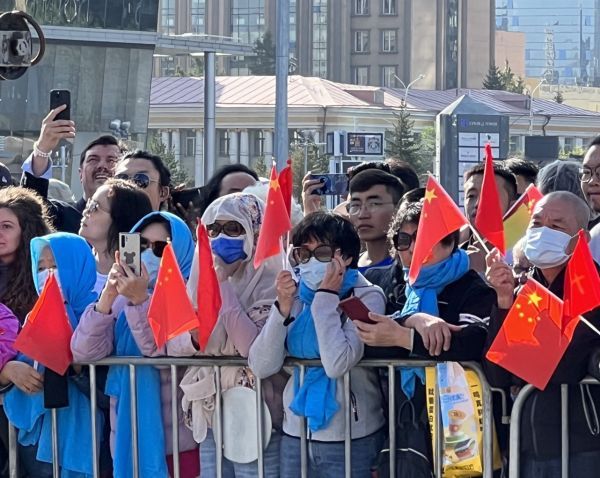The human rights campaigner Benedict Rogers wrote an open letter to Pope Francis questioning the wisdom of his China policy, ahead of the Mongolia trip during which the pontiff made several appeals towards Beijing.
The letter, published on the website of the Union of Catholic Asian News, posed ten questions “from a young Catholic” ten years on from Rogers’ reception into the Church, explaining that he “fail[s] to see what your policy of appeasement towards the brutal, criminal regime in China has achieved”.
Written in anticipation of this year’s fifth anniversary of the agreement between Beijing and the Holy See, the letter asked why the text of the agreement remains secret and why the Pope has accepted apparent breaches of its terms, such as the Communist government’s appointment of a new Bishop of Shanghai without Vatican approval.
It also asked why Francis refused Cardinal Joseph Zen’s request for an audience in 2020 and why he has declined to meet the Dalai Lama during his pontificate.
Rogers, the founder of Hong Kong Watch, has long been a critic of the Vatican’s negotiations with the Chinese government. He alleged that Francis does not “speak out about, and call for prayer for, the atrocities against human rights, human life, human liberty and human dignity in China”.
He called for clarification of the Holy See’s position on the future of Hong Kong and Taiwan in relation to mainland China – and of its vision for the future of the Church in China.
Rogers insisted that he was “not engaged in an anti-Pope Francis campaign” and acknowledged the good intentions of Vatican policy, but said that Chinese Catholics were being “abandoned in the name of open-ended and unequal ‘dialogue’” with the Communist authorities.
Pope Francis addressed several remarks towards China during his five days in Mongolia. Besides sending a courtesy telegram to its government while flying through Chinese airspace, he urged Chinese Catholics to be “good Christians and good citizens” and remarked that governments have nothing to fear from the Catholic Church because it “has no political agenda”.



 Loading ...
Loading ...